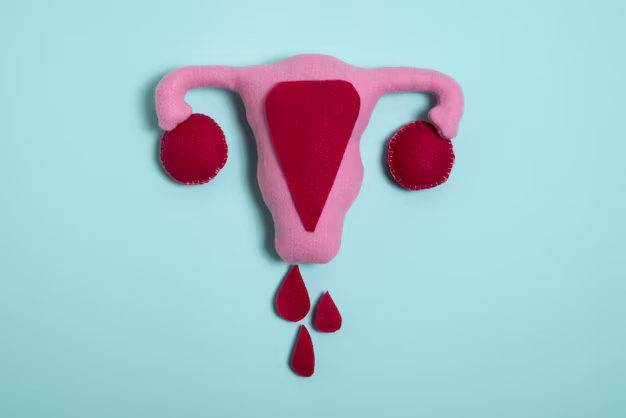Understanding your menstrual cycle is crucial for maintaining overall reproductive health. In this guide, we’ll explore the phases of the menstrual cycle and provide tips for managing your period health.
What is the Menstrual Cycle?
The menstrual cycle is a natural process that occurs in women of reproductive age, typically lasting between 21 to 35 days, although cycles outside this range can still be considered normal. It is controlled by a complex interplay of hormones, primarily estrogen and progesterone, which are produced by the ovaries. These hormonal changes prepare the female body for pregnancy each month.
Every woman’s menstrual cycle is unique, but in general, girls typically start menstruating between the ages of 12 and 14, although it can happen earlier or later. This is known as menarche. The age at which menarche occurs can be influenced by various factors such as genetics, body weight, and overall health. The cycle continues each month until menopause, which typically occurs between the ages of 40 and 58, with the average age being around 51. During menopause, the ovaries stop releasing eggs, and hormone levels decline, leading to the end of menstruation and the ability to conceive naturally.

Phases of the Menstrual Cycle:
The menstrual cycle is divided into several phases, including the menstrual phase, follicular phase, ovulation, and luteal phase.
- Menstrual Phase (Days 1-5):
- This phase marks the beginning of your menstrual cycle, with the shedding of the uterine lining.
- Symptoms may include menstrual cramps, fatigue, and mood swings.
- It’s important to maintain good hygiene during this phase, using sanitary pads or tampons.
- Follicular Phase (Days 1-14):
- This phase begins on the first day of your period and ends with ovulation.
- Hormones like estrogen and follicle-stimulating hormone (FSH) rise, stimulating the development of ovarian follicles.
- Monitoring your menstrual cycle can help track ovulation, which is essential for conception.
- Ovulation (Around Day 14):
- Ovulation occurs around the middle of the cycle when a mature egg is released from the ovary into the fallopian tube.
- This is the most fertile phase of the menstrual cycle, and conception is most likely to occur if intercourse takes place during this time. If the egg is fertilized by sperm, it may implant in the uterus and result in pregnancy.
- Ovulation may be accompanied by symptoms like abdominal pain or spotting.
- Luteal Phase (Days 15-28):
- After ovulation, the ruptured follicle transforms into a structure called the corpus luteum, which produces progesterone.
- Progesterone prepares the uterus for a possible pregnancy by thickening the uterine lining.
- If pregnancy or fertilization does not occur, hormone levels drop and the egg & the lining of the uterus are shed during menstruation, leading to the start of a new menstrual cycle.
Maintaining Period Health:
- Eat a balanced diet rich in iron, calcium, and vitamins to support your menstrual health.
- Stay hydrated and limit caffeine intake to reduce bloating and cramps.
- Engage in regular physical activity, which can help reduce menstrual pain and improve mood.
- Practice good menstrual hygiene by changing sanitary pads or tampons regularly and washing the genital area with mild soap and water.
It’s important to note that the menstrual cycle can be influenced by various factors such as stress, diet, exercise, and underlying health conditions. Changes in the cycle, such as irregular periods or severe pain, should be discussed with a gynaecologist to rule out any underlying issues and ensure optimal menstrual health.
Conclusion:
Understanding your menstrual cycle is key to maintaining good period health. By familiarizing yourself with the phases of your cycle and adopting healthy lifestyle habits, you can better manage your menstrual health and overall well-being. If you experience irregularities or persistent symptoms, consult a gynaecologist for personalized advice and care.
At SimpleeKare Health, we understand the importance of menstrual health and its impact on overall well-being. If you have any concerns or questions about your cycle, our healthcare experts are here to provide guidance and support. Remember, your health is our priority.